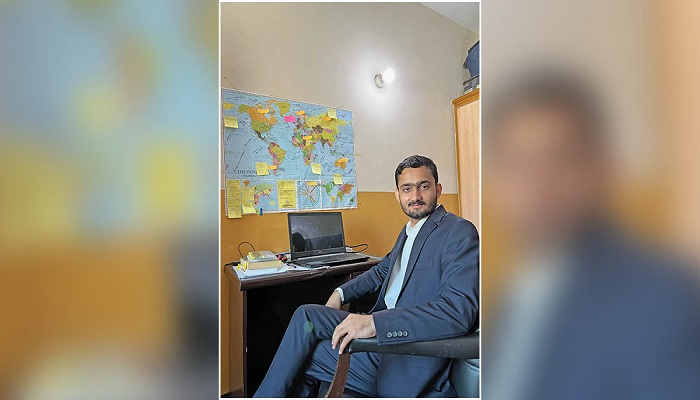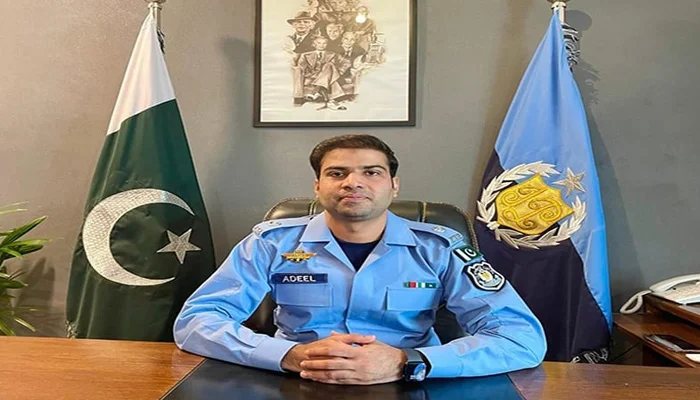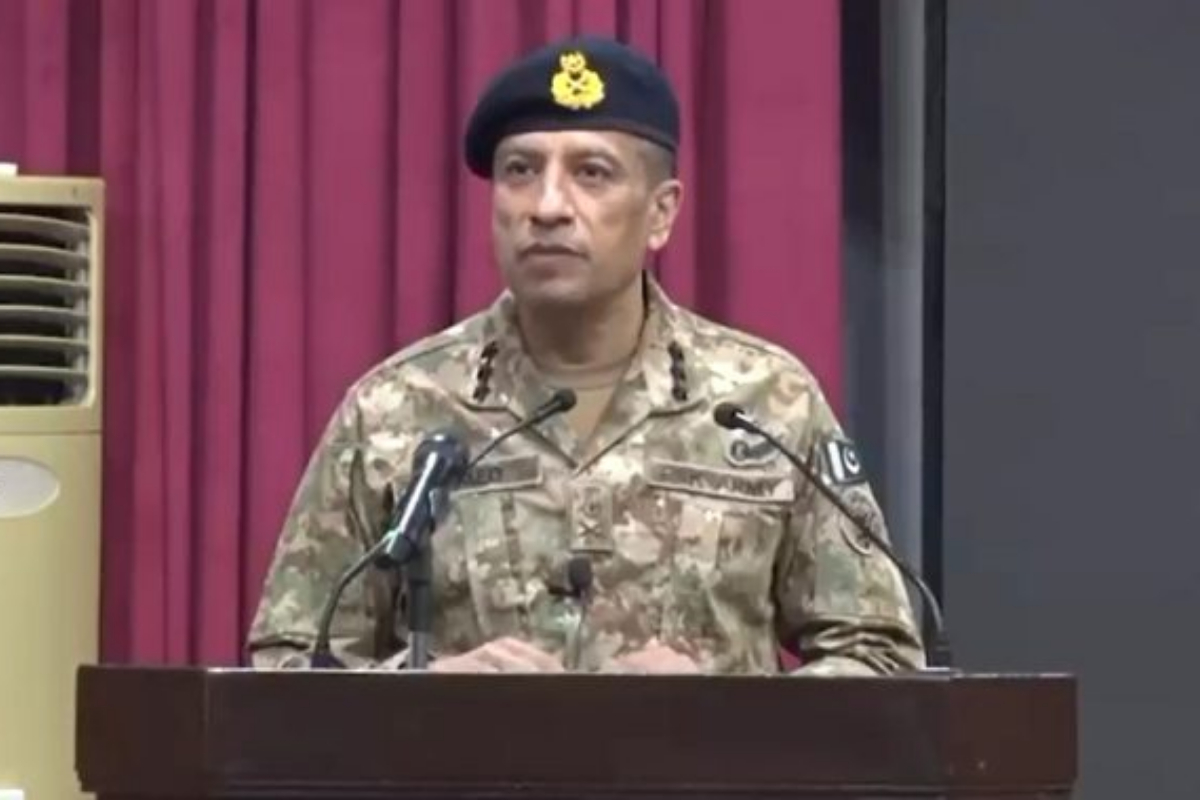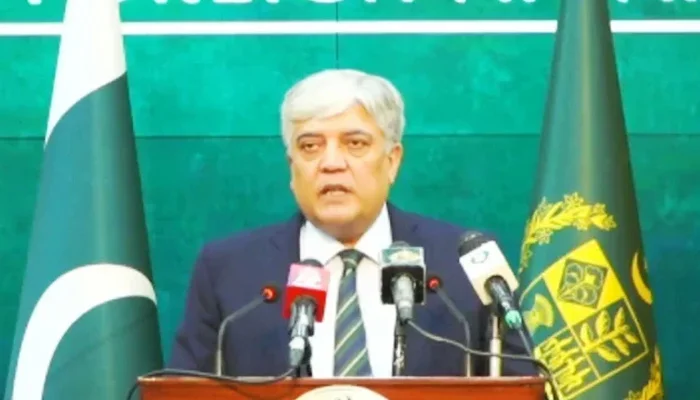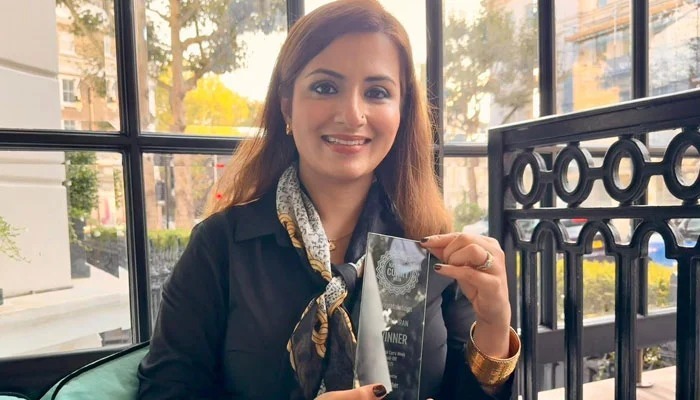KARACHI: Rajendra Meghwar and Jeevan Lal have passed the Central Superior Service (CSS) exam conducted by the Federal Public Service Commission (FPSC).
CSS is a permanent elite civil service authority that is responsible for running the bureaucratic operations and government secretariats.
The achievements of these two officers show that along with representation in parliament, Pakistan Army and bureaucracy, minorities are serving the country at the forefront.
Rajendra Meghwar had qualified for the CSS exam in 2021 and passed with distinction.
A proud son of the soil, he was allotted a posting as assistant superintendent of police (ASP).
This shows that equal opportunities are being given to all citizens without discrimination in Pakistan. On the other hand in India, which claims to be a democracy, the freedom of minorities has been curbed, where hijab-wearing Muslim girl students have been barred from entering schools and colleges.
Rajendra Meghwar says he has a firm belief in Quaid-e-Azam’s philosophy, saying that “In civil services, we are all equal citizens. Following the founder’s message, we ought to serve our country [doing] our best.”
While talking about the inspiration for appearing in CSS he elaborated, “When I was in 12th grade, I joined an academy for English language in Mithi. Sir Dharmoon Bawani, a CSP, showed up and gave a lecture. He seemed a very charming and graceful person. That appealed to me. I got inspiration from him and I resolved that one day I shall also become a CSP officer.”
He obtained his education up to the intermediate level from government schools in Badin. Afterwards, he went to the University of Sindh, Jamshoro for Bachelors in English literature.
A long struggle
Shedding light on his struggle to achieve his academic qualifications, he said, “After completing my degree, I shifted to Lahore, leaving my home and family behind for six months. In Lahore, Syed Taimoor Bukhari, who is also my mentor, helped me in my studies. Due to a lack of resources, I opted to go to Jinnah Library where I used to spend 12 hours a day, from 8am to 8pm. The remaining 12 hours consisted of travelling, eating, sleeping and other chores.”
He believes that the true image of the Hindu community for the services of the country should be represented through media to break any stereotype that as a minority, a community does not get equal chances.
Portraying the real picture will help other people from the community to gain confidence and faith in the Constitution, he explained. “This gives equal rights to every citizen above and beyond religion. I feel there’s a need for the people to know that meritocracy prevails for the hard workers whatever community they belong to.”
He also said that most of the people believe that it would be of no use taking any examinations of government positions as they wouldn’t be preferred being a minority. “We must play a role to make everyone get motivated and believe in themselves.”
Showing his commitment to serve the country, Rajendra added, “Being a civil servant, I would follow the guidelines of our country’s founder who advised bureaucrats not to succumb to any political pressure and be dutiful without any discrimination towards any individuals of the society.”
As a government servant and citizen of Pakistan, he would do his best to work for the betterment of the nation, he further said. “I believe if individuals do their own duty with utmost sincerity, half of our problems may automatically get resolved. Shifting the blame should be stopped; undertaking responsibility is the only way forward.”
Rajendra expressed his concerns on society’s lack of seriousness towards girls’ education.
He said he had serious concerns over the trend of not giving a priority to girls when it comes to education. “I am the fourth sibling in my family. I have three elder sisters whom my father didn’t send to university for graduation for unexpressed reasons. But I left no stone unturned for my education. That must be changed. There should be equal educational and other societal opportunities for everyone irrespective of gender, class, caste or religion.”
Democratic nations only prosper when each and every individual is provided with basic human rights, he asserted. “If my father had educated my sisters and if they had proper guidance then history could have been different. One of them [could have] been an ASP long ago. That’s why it’s said that time and tide wait for none. Thus, it is high time to reflect upon our misconceptions and mistakes. Let us educate our girls as we do support our boys, that’s long overdue.”
Local community
Hindus form the biggest minority community in Pakistan. The majority of Hindu population is settled in Sindh where they share culture, traditions and language with their Muslim fellow citizens.
In January 2019, Suman Pawan Bodani who belongs to the Hindu community was appointed as a civil judge. Bodani hails from Shahdadkot, an underdeveloped rural area of Sindh.
In September 2019, a Hindu woman was inducted into Sindh police after passing the provincial competitive examinations Sindh Public Service Commission (SPSC) and became assistant sub inspector (ASI) in Sindh police.
Another member of the Meghwar community, Pardeep Meghwar, recently received the Prime Minister Excellence Award from PM Imran Khan for his personal achievements in freelancing career as well as excellent contributions to the youth.

